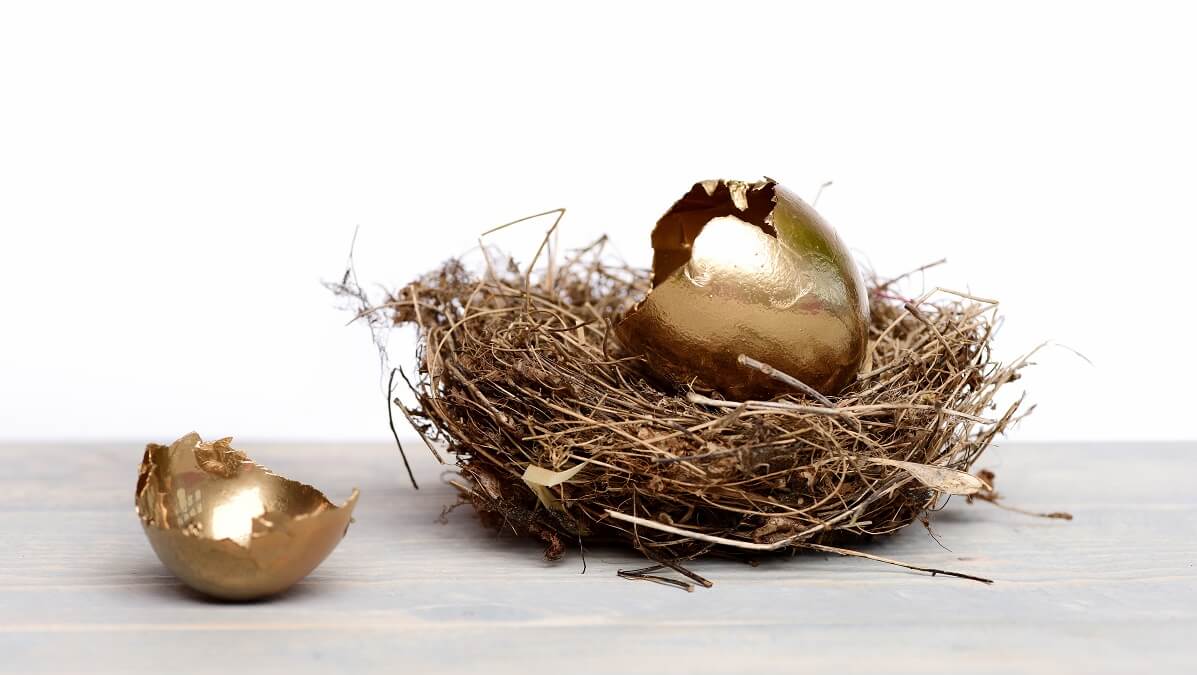Superannuation, like the rest of the economy, is going through some testing times.
Financial research group Rainmaker says returns for the average balanced super fund have slipped to an average loss of nearly five per cent, with the worst performer losing 11 per cent during the 12 months to the end of August.
Compare this to the 2020-2021 record returns of around 15 per cent and you can see why some retirees and pre-retirees may be stressed.
Of the 102 balanced funds measured by Rainmaker, only one managed to turn a profit in the 12 months to 31 August.
Read: Aussie super funds need to shift their focus: review
Higher-risk strategies were hit by turbulent global stock markets, while more conservative super options were hurt by inflation.
Alex Dunnin, executive director of research and compliance at Rainmaker, told the Australian Financial Review that economic conditions for pre-retirees were worse than they’d been in years.
“This is a pretty scary time,” he said.
“After a decade of record returns, markets have turned on a dime and produced a horror year.
“Equities, bonds and cash are going nowhere. There seems to be nowhere to turn because the normal refuges are not working. Added to this is record inflation. It is back with a vengeance.”
Read: How to find out what your super fund invests in
Challenger Group’s head of retirement income research Aaron Minney says inflation is forcing an investor rethink for the first time in 30 years.
“That means a different approach to investment, particularly in retirement where there is reliance on investments to generate income,” he says.
He warns that the current inflation rate of 7 per cent will halve the purchasing power of a nest egg in 10 years if it’s not managed to compensate for inflation.
An aspect of super that you can manage is fees.
Read: New super fund ‘rules’ deliver mixed results for retirees
The difference between fees charged at one and two per cent may seem trivial, but can amount to a difference of as much as $245,000, according to Chris Brycki, founder and CEO of fund manager Stockspot.
“Despite the importance of superannuation, the information provided by superannuation funds is often murky, complex and tough to obtain,” he says.
“All super fund members should check to see how much in fees they are being charged by their super fund. If it’s more than 1.5 per cent, then you are probably being ripped off.”
Rainmaker says the average fee for a super fund is 1.05 per cent, with 1.14 per cent for a retail fund and 0.97 per cent for not-for-profits such as industry funds.
How has your super performed over the past year? Do you know what fees you’re being charged? Let us know in the comments section below.


Super goes up and down and it has since ad infinitum and will continue to do so. After a period of relative stability, we are now in more uncertain times and, yes, the balances of most funds will be fluctuating. No need to panic and they will self-adjust in time.